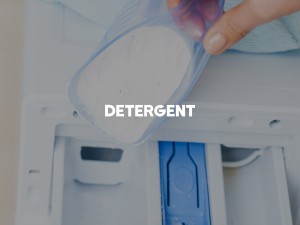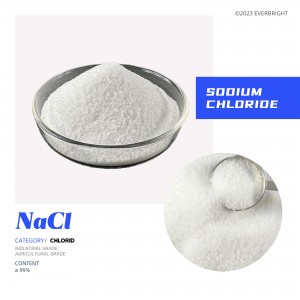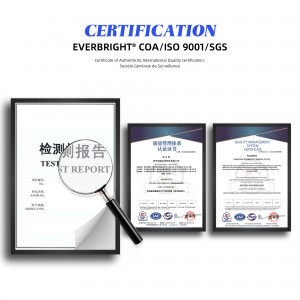Sodium Chloride
Product Details



Specifications provided
White crystal(content ≥99%)
Large particles (content ≥85%~90%)
White spherality(content ≥99%)
(Scope of application reference ‘product usage’)
White odorless crystalline powder, slightly soluble in ethanol, propanol, butane, and butane after miscible into plasma, easily soluble in water, water solubility of 35.9g (room temperature). NaCl dispersed in alcohol can form colloids, its solubility in water is reduced by the presence of hydrogen chloride, and it is almost insoluble in concentrated hydrochloric acid. No smell salty, easy deliquination. Soluble in water, soluble in glycerol, almost insoluble in ether.
EVERBRIGHT® ‘ll also provide customized :content/whiteness/particlesize/PHvalue/color/packagingstyle/ packaging specifications and other specific products that are more suitable for your use conditions , and provide free samples.
Product Parameter
7647-14-5
231-598-3
58.4428
Chloride
2.165 g/cm³
soluble in water
1465 ℃
801 ℃
Product Usage



Detergent addition
In soap making and synthetic detergents, salt is often added in order to maintain the appropriate viscosity of the solution. Due to the action of sodium ions in salt, the viscosity of saponification liquid can be reduced, so that the chemical reaction of soap and other detergents can be carried out normally. In order to achieve sufficient concentration of fatty acid sodium in the solution, it is also necessary to add solid salt or concentrated brine, salt out, and extract glycerol.
Papermaking
Industrial salt is mainly used in the paper industry for pulp and bleaching. With the improvement of environmental awareness, the application prospect of environmentally friendly salt in the paper industry is also very broad.
Glass industry
In order to eliminate the bubbles in the glass liquid when melting glass, a certain amount of clarifying agent must be added, and salt is also the composition of the commonly used clarifying agent, and the amount of salt is about 1% of the glass melt.
Metallurgical industry
Salt is used in the metallurgical industry as a chlorination roasting agent and quenching agent, and also as a desulfurizer and clarifying agent for the treatment of metal ores. Steel products and steel rolled products immersed in salt solution can harden their surface and remove the oxide film. Salt chemical products are used in the pickling of strip steel and stainless steel, aluminum smelting, electrolysis of sodium metal and other cobaking agents, and refractory materials in smelting need salt chemical products.
Printing and dyeing additive
Industrial salts can be used as dye promoters when dyeing cotton fibers with direct dyes, vulcanized dyes, VAT dyes, reactive dyes and soluble VAT dyes, which can adjust the dyeing rate of dyes on fibers.














